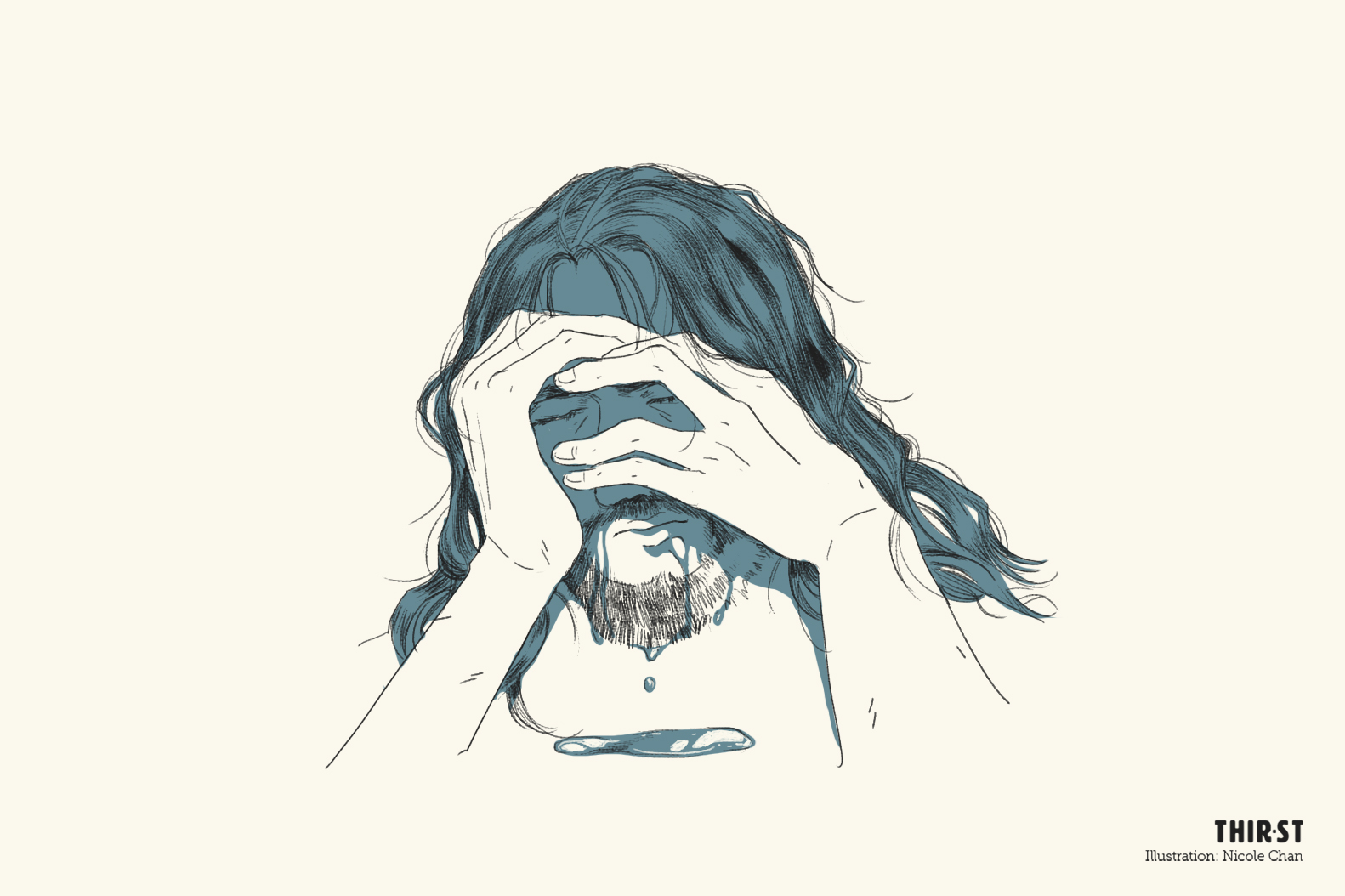When was the last time you heard an entire sermon on Lamentations?
On the second day of the LoveSingapore Pastors’ Summit 2021, Reverend Keith Lai preached a stirring message from a book of the Bible we don’t often hear about – Lamentations.
The president of the National Council of Churches of Singapore spoke about how we frequently focus on victory and celebration in our churches, with much less attention to the other reality in our lives – lament and suffering.
In fact, it was a particularly challenging period in his life that reminded him of the dangers of an incomplete theology, revealed the senior pastor of Covenant Presbyterian Church and father of two.

Quoting from Professor Soong-Chan Rah in Prophetic Lament, Rev Lai said: “To only have a theology of celebration at the cost of a theology of suffering is incomplete. The intersection of the two threads provides the opportunity to engage in the fullness of the gospel message. Lament and praise must go hand in hand.”
In his book, Rah warned against triumphalism in the American context, where the Church has projected itself to be able to “fix” the world’s problems.
This is where Rev Lai, who is also the Synod moderator of the Presbyterian Church in Singapore, sees the need for lament. “Have we portrayed ourselves as always triumphant? Always on the victory run?”
If all we emphasise is celebrating and being happy, then we run the risk of saying there is no place to be sad in the Church, he said.
“Our gospel will be truncated, distorted.”
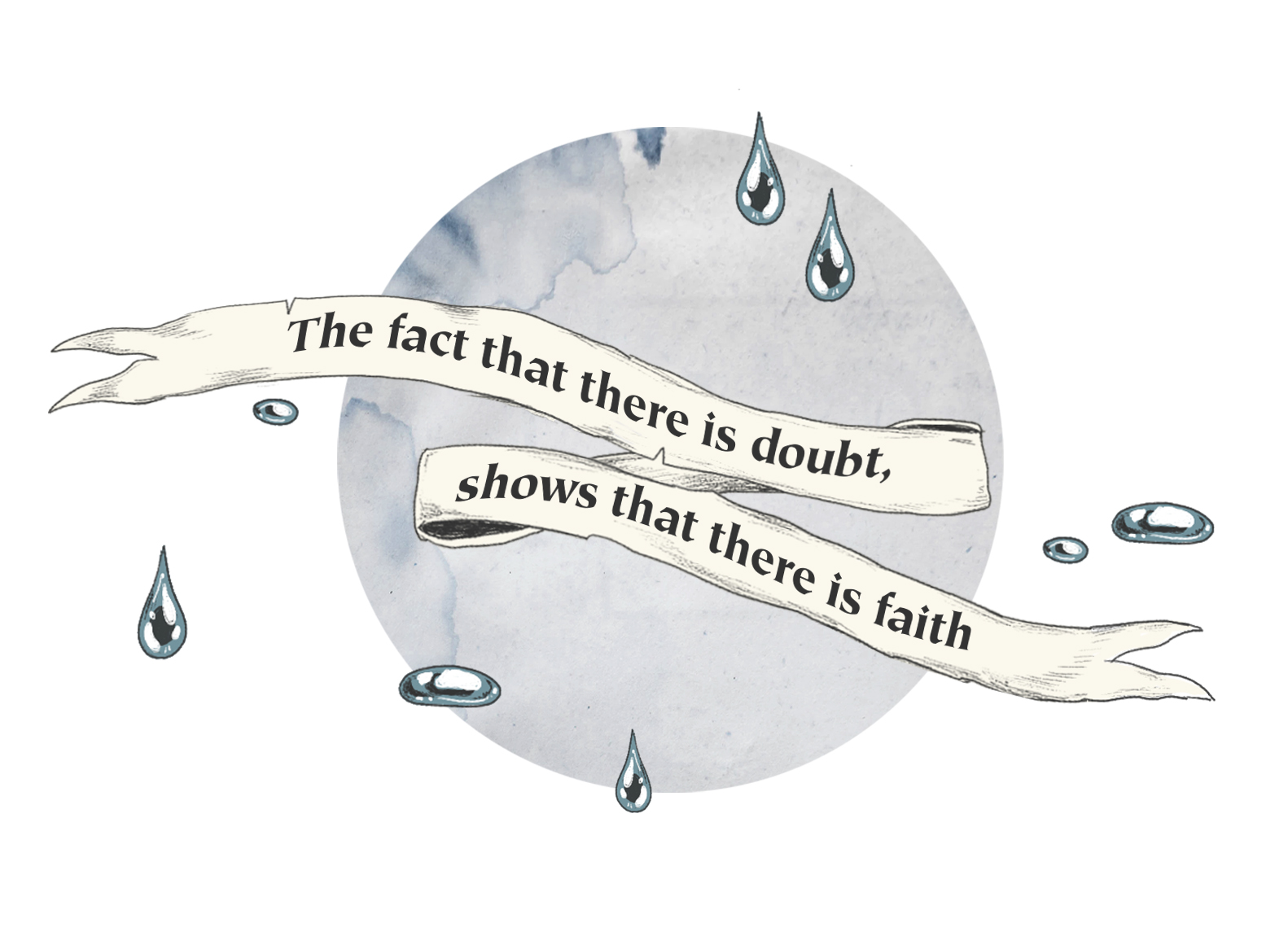
Rev Lai had more words on why lament is missing in churches today: “We give the idea that coming to church is always the joy of the Lord. Always laughter, ra-ra, staying on top – no place for lament.”
There is a false assumption that “trust in God precludes struggle”.
“You shouldn’t be struggling… snap out of it!” exclaimed Rev Lai, giving an example of the attitudes that some might have towards Christians who are going through tough times.
“Faith – we assume – erases doubt,” he elaborated. “Not at all. The fact that there is doubt, shows that there is faith.”
“Without a healthy dose of doubt, it is likely that you and I are not growing. Don’t be afraid of it. God is much bigger than your doubts, He can handle it.”
We are the happiest and saddest people.
Another wrong assumption is that as long as we have hope, there is no room for despair.
“Are we able to reconcile that hope comes with despair? That the suffering of God’s people can sometimes be prolonged?” Rev Lai challenged.
“There’s no quick solution. You look at God’s people throughout history, even in your church. People have been suffering with cancer for long, long years, decades. that’s the reality.
“That’s where we need to teach them a proper theology of lament, how to learn to cry your hearts out to God, and feel safe and don’t feel condemned… That’s important.”
WHY WE NEED TO LAMENT
Rev Lai then gave a series of reasons why the practice of lament is so needed, among them the fact that the Bible describes Jesus as “a man of sorrows and acquainted with grief” (Isaiah 53:3).
While many of us say that we want to be like Christ in the way He does ministry, how many of us want to be like Christ in the way He is broken by grief?
“Why do we need lament? Because we want to be like Christ. As he looked over Jerusalem, He wept over Jerusalem. He came to tomb of Lazarus and He wept. He was moved to tears,” noted Rev Lai.

What’s more, we’re told that God pays special attention to our tears (Psalm 56:8).
“Psalm 56 tells us, God collects our tears in his bottle,” he said, referring to the ESV translation. “Every tear that you’ve shed – collected!”
None of your sorrow is wasted. Every tear is taken seriously by God.
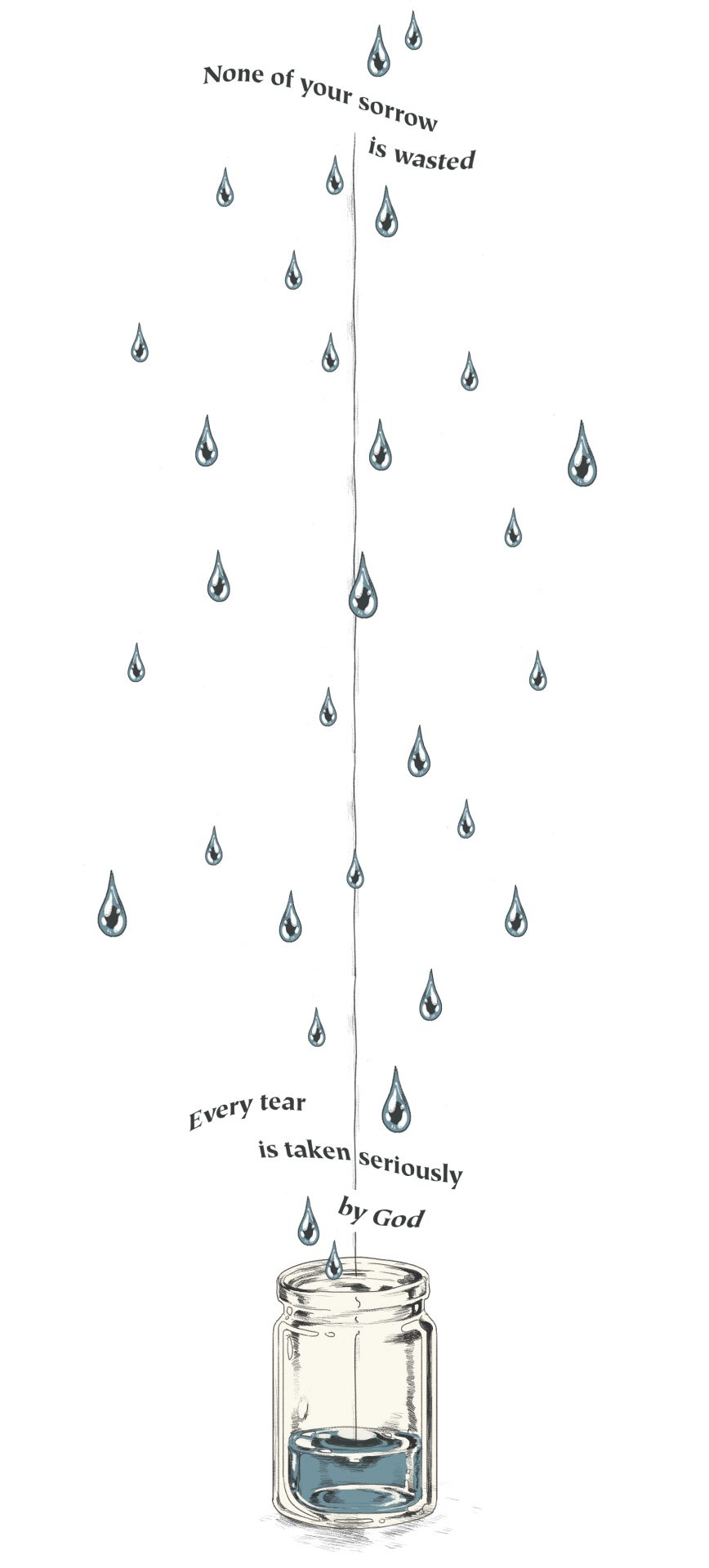
On that note, Rev Lai then began to expound on Lamentations with a focus on the book’s structure, explaining that each of the five poems that make up Lamentations build upon one another and lead to the next idea.
Running through each of the lines, Rev Lai showed how the poet (Jeremiah) moved through stages.
“Many of us like to take shortcuts – parachute straight to chapter three,” remarked Rev Lai, referring to the often-cited verses from 3:21-32 that focus on God’s steadfast love and mercies.
“We just want to zoom in on chapter three. That’s what we sing about; not many songs are written about chapter one and two,” he observed.
“We sing ‘Great is Thy Faithfulness‘– we always gravitate towards that. But you know what? There’s no shortcut to the deepest experience of God’s mercies.”
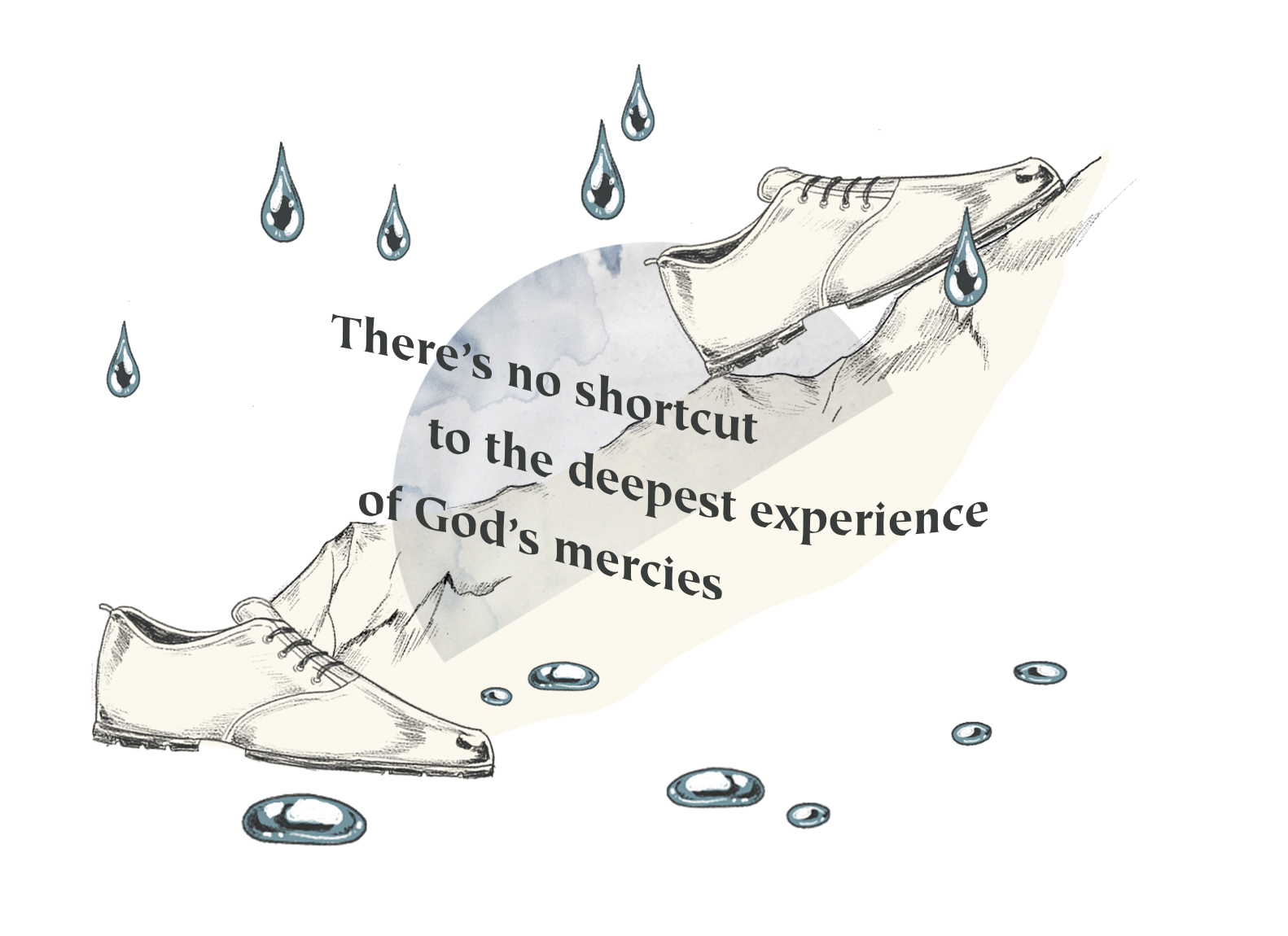
Rev Lai explained that the structure of Lamentations almost seems to be like a mountain that one has to climb up.
But the problem with many of us is that we tend to only want the mountaintop experience, forgetting the necessary upward trek that we have to make to get there.
“You have to trek your way through suffering and pain. You have to grapple with the whole issue of God’s sovereignty… The poet never exonerates and excuses God. He points a finger directly at God,” he said.
To Rev Lai, Jeremiah leaves a beautiful example. The poet chooses to push himself “through the rubble”, to the point of the climax in Lamentations 3:21-32.
For there he is able to affirm that no matter how bad the situation is, God’s mercies are new; He is trustworthy.
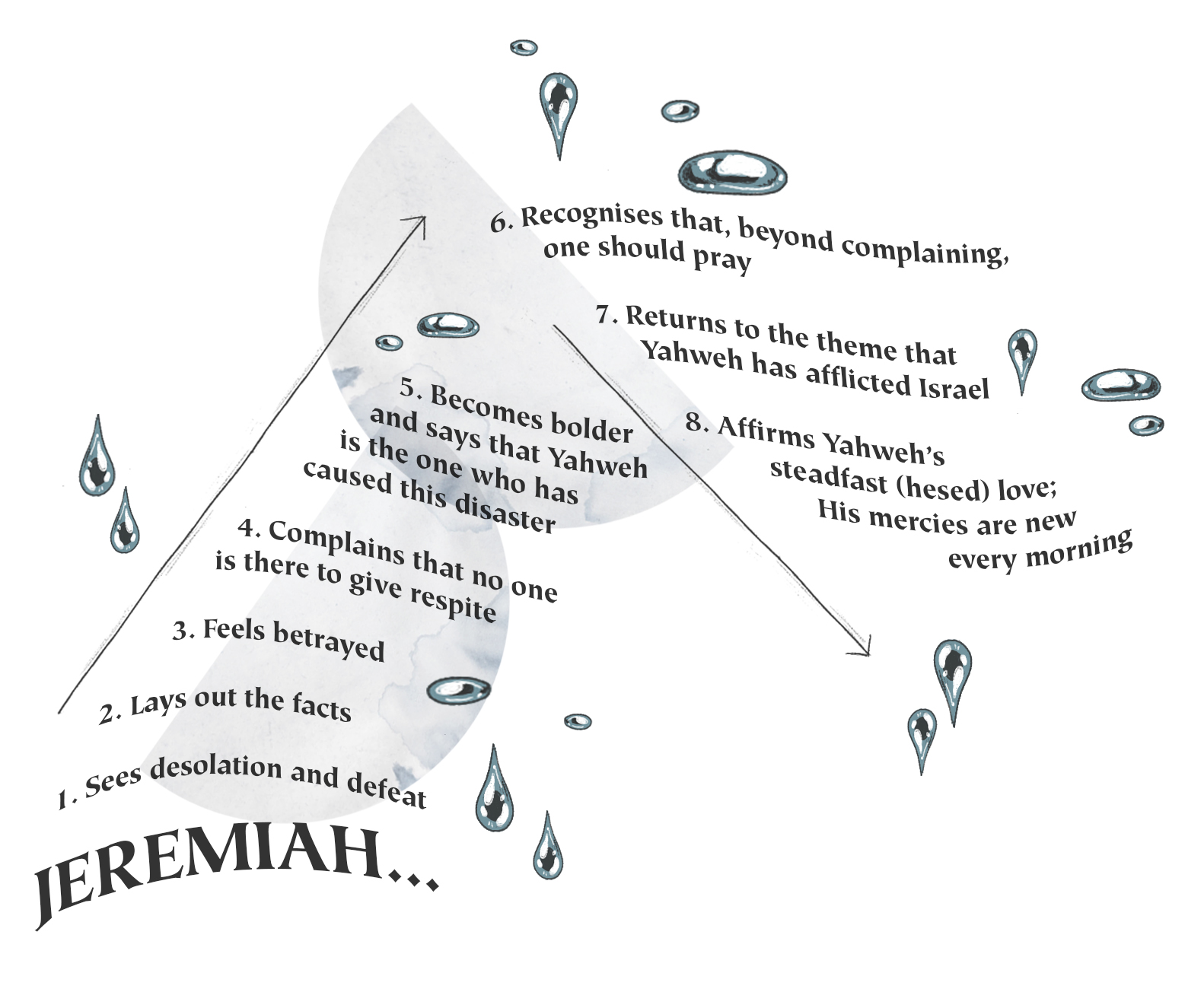
Having taken Summit 2021’s attendees up the “mountain” of Lamentations, Rev Lai then turned his eye to the descent.
He noted that the same theme repeats itself in the “descent” – the Israelites say that they are still being afflicted.
This is where the beauty of Hebrew poetry lies: “It reinforces the idea that the Christian life is marked by painful struggles. Sometimes there is no answer.
“Life is not a problem to be solved, but a mystery to be lived. With God there are mysteries, but no mistakes.”
Concluding his overview of the book of Lamentations, Rev Lai quoted Dan Allender: “A lament is the battle cry against God that paradoxically voices a heart of desire and ironic faith in his goodness.”
The practice of lament is thus important because a journey of pain and struggle potentially allows for a profound experience of God’s love and mercy.
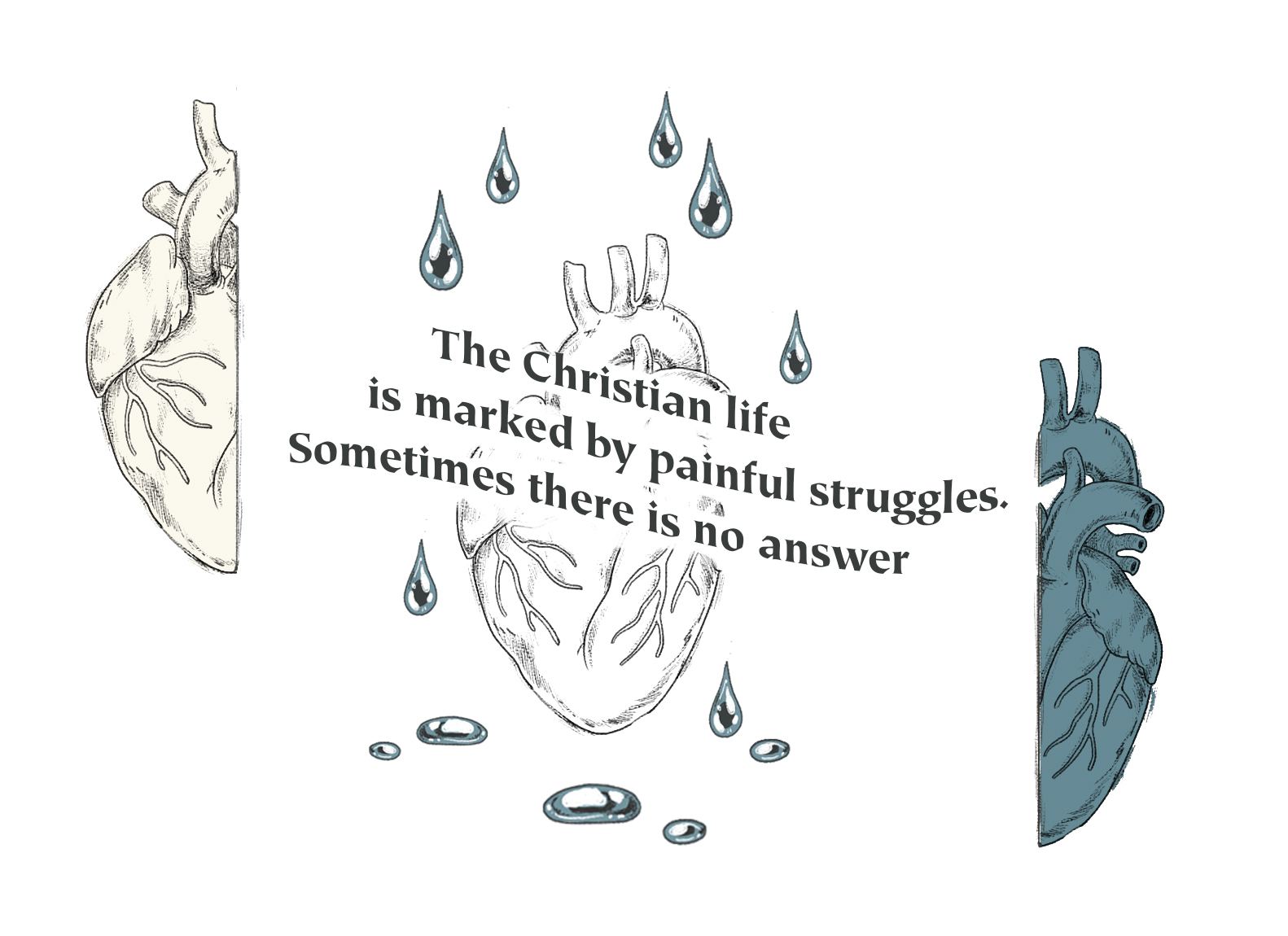
That is why Rev Lai urges restoring the discipline of lamenting because it can enable those “suffering and struggling” to encounter God.
“Christianity has the most holistic, full and nuanced theology of suffering than any philosophy,” he said. “It has the most complete understanding of what sin is and what suffering is – this is what we can offer to the world.”
THE BENEFITS OF LAMENT
And when we begin to lament, we start to reap the benefits of doing so. Benefits like coming to a right understanding of who God is and who we are.
“The wrath of God is the centre of gravity in the book of Lamentations,” Rev Lai pointed out. “I know some of us struggle to understand what is the wrath of God.
“Grapple with it. Don’t go for an easy simple answer that explains Him away, that takes away the sovereignty of God. There’s nothing left if you do that. We have to grapple, if not we portray a god that is made in our own image.
“We are prone to carve out our own images of God – one that is more palatable, not so offensive to the masses, crowd and society.”
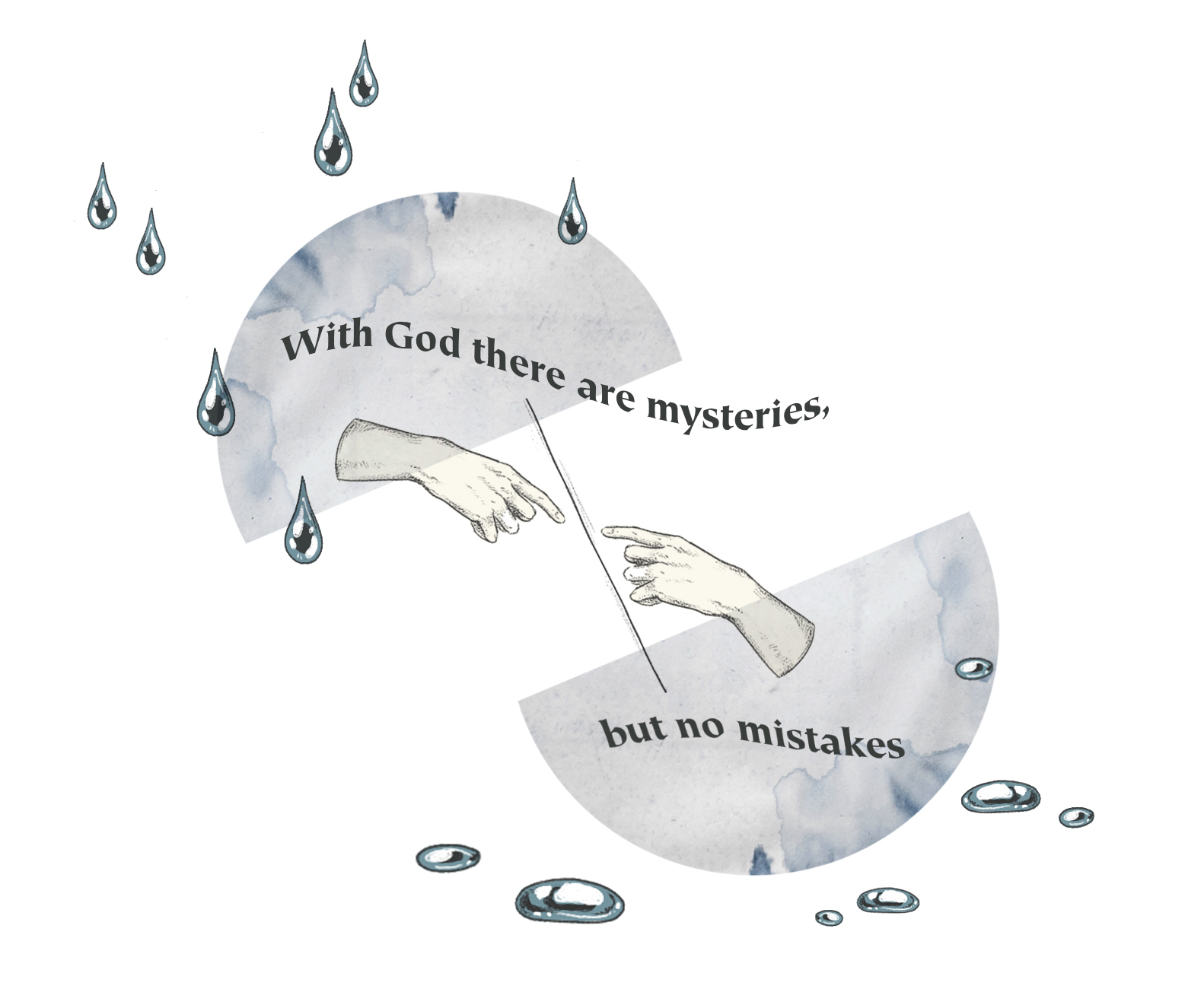
But the road of lament leads to freedom from graven images, he affirmed.
In Lamentations, for instance, Jeremiah pointed to the desolation he was surrounded by as God’s judgment and direct intervention.
Indeed, Rev Lai noted that the Old Testament’s prophets’ work was to get people to accept bad things that had happened as God’s judgment, and turn and repent.
His point was that in a lament, when one boldly assesses where God is in the picture, one comes to a clearer view of who the Most High God truly is, as well as one’s position in relation to Him.

As such, being honest and vulnerable before God keeps us from carving out ideas of God that are “distorted”.
We might not want to admit it, but many of us have graven images. These can even be in the form of our successful ministries, KPIs, things that we do well in or gifts that we celebrate.
Lamenting our condition opens our eyes to idolatry, and also frees us from self-deceit by exposing the depths of our sinful nature.
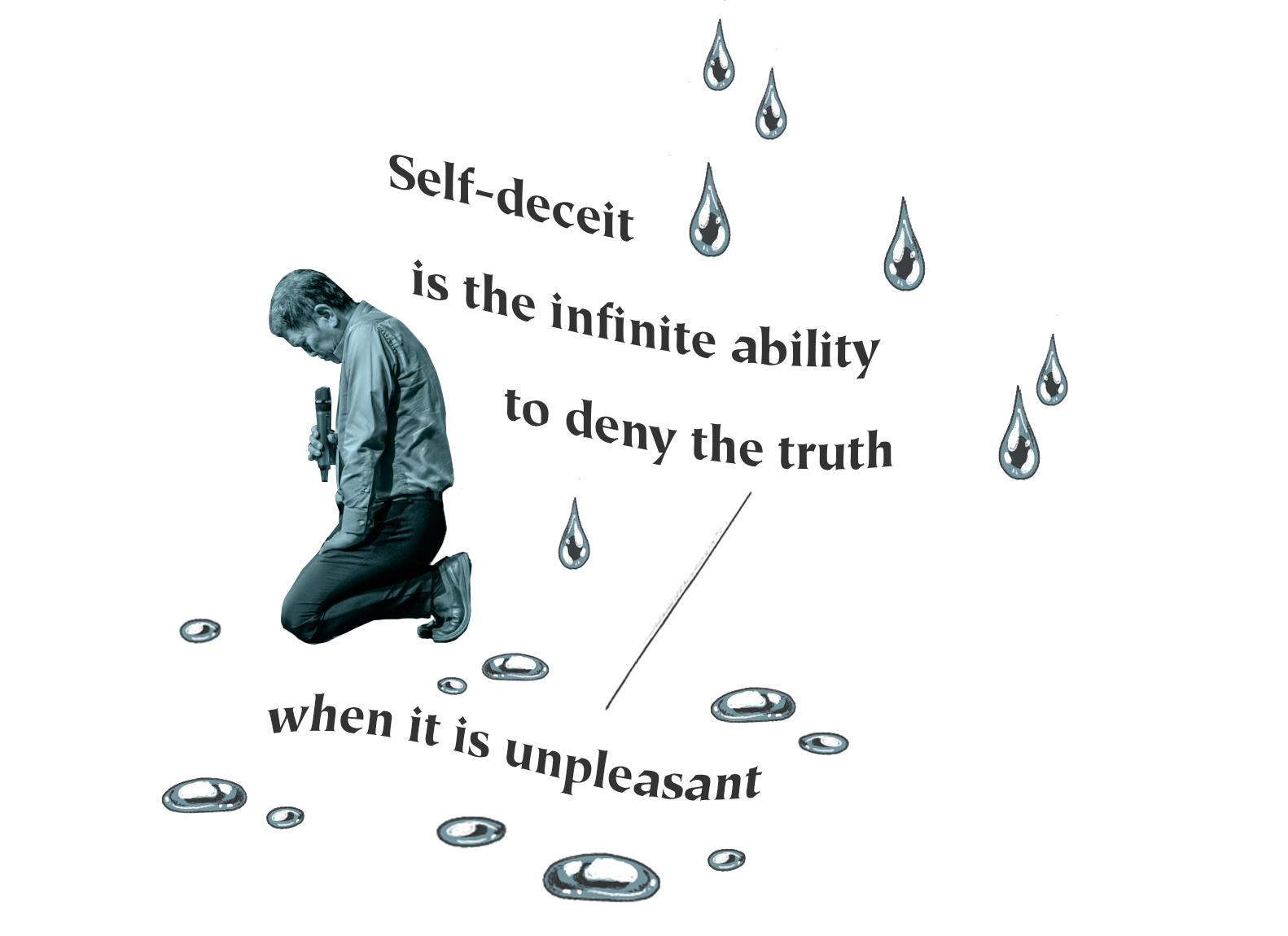
Summing up the danger of self-deceit, Rev Lai remarked: “Self-deceit is not the worst thing you do. It is the reason we can do the worst things. All of us are susceptible to that.
“Self-deceit is the infinite ability to deny the truth when it is unpleasant. We need to recognise this.”
But perhaps the greatest benefit of lamenting is the hope that it inevitably looks towards. When we lament, we are free to be an authentic disciple – one who is sorrowful, yet always rejoicing.
Rev Lai urged everyone to be a Christian that recognises “the corruption of sin within, and yet lives with the realisation that he is fully justified”.
In other words, we grieve over our sin, but also remember the righteousness of Christ.
As Martin Luther wrote: “All of life is repentance“.
As he brought his message to a close, Rev Lai took pains once more to emphasise that though there is sorrow, “rejoicing has the upper hand”.
“Always rejoicing!” Rev Lai exclaimed, referring to Paul’s declaration in 2 Corinthians 6:10.
“But never forgetting that there is still the sorrow deep within at what is happening. And so we are the happiest and saddest people.”
“There are three ‘groans’ in Romans 8,” he observed. “Creation groans, you groan, the spirit groans. But there are six ‘hopes’ in Romans 8!
“Hope always has the final word. It outruns groaning.”
FOR MORE STORIES FROM THE PASTORS’ SUMMIT, READ:
- Is there an area of your life that you need to lament – and then affirm God’s goodness – in?
- How do you primarily see God? How does your image of God compare with the God whom you read about throughout the Bible?
- What does God’s sovereignty mean to you? Have you grappled with the concept of the wrath of God?


